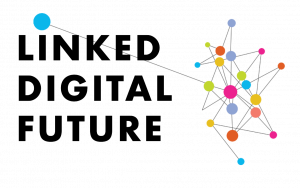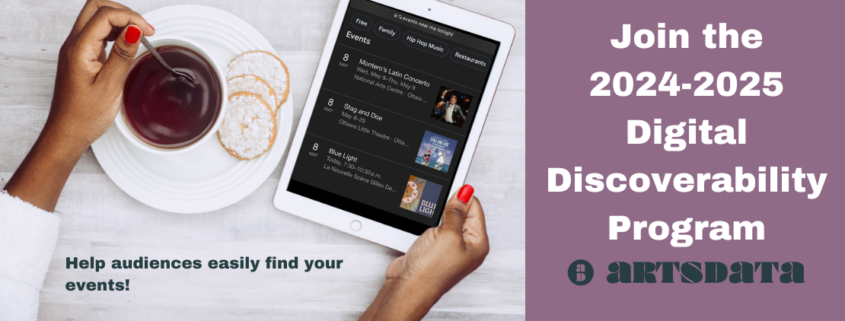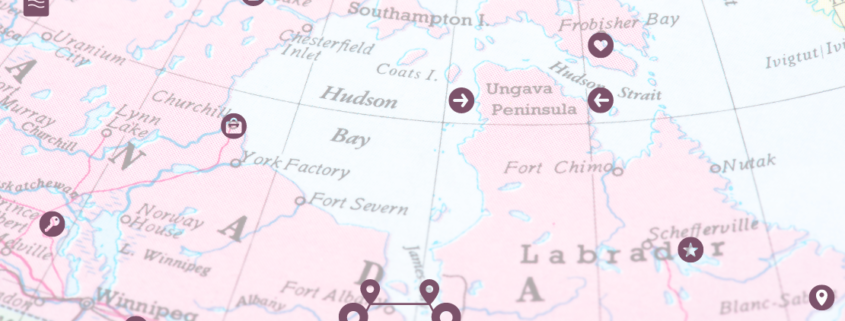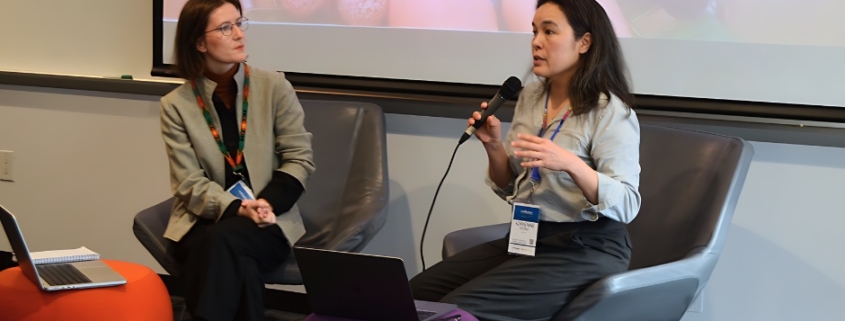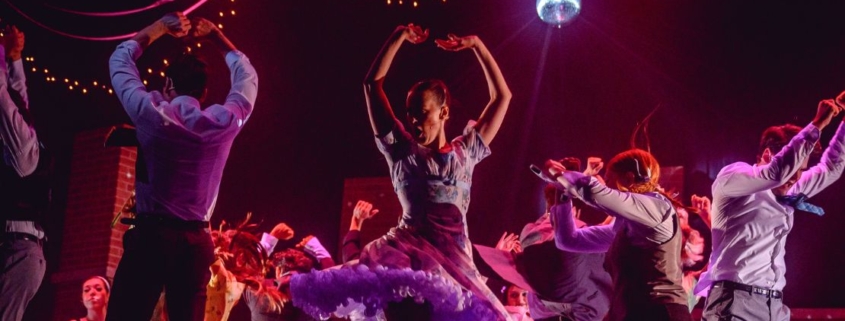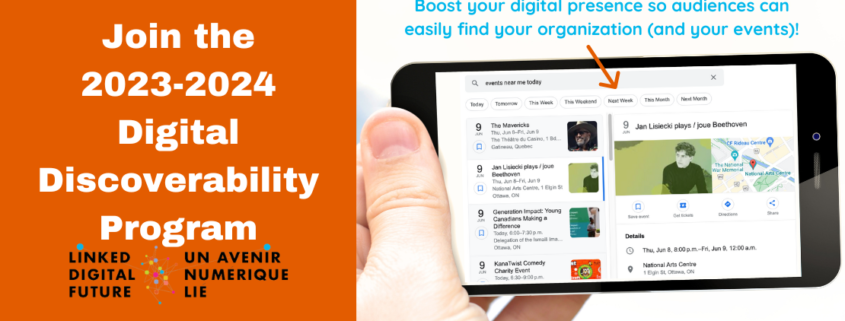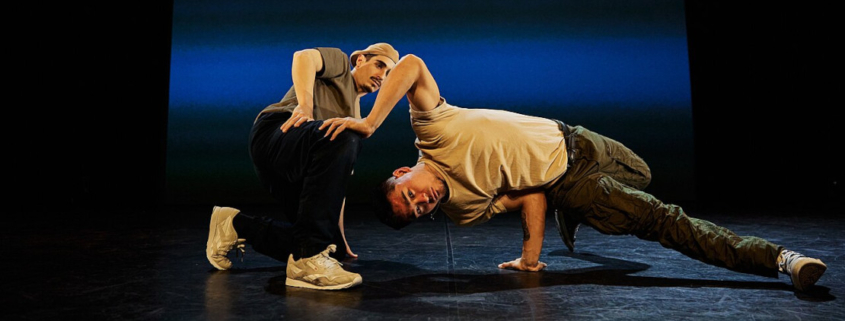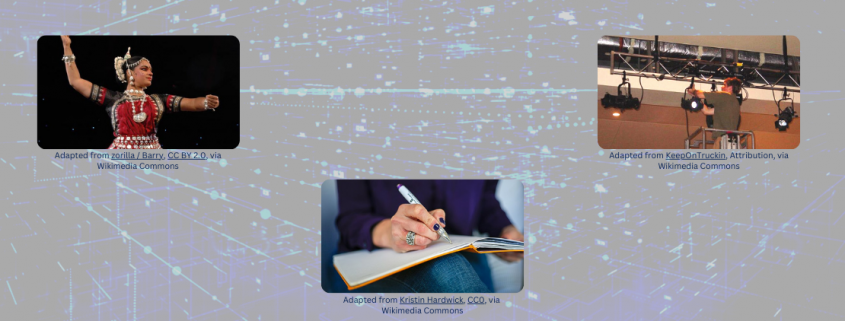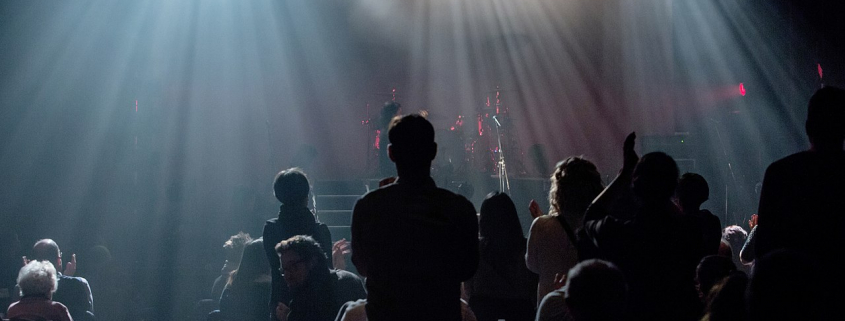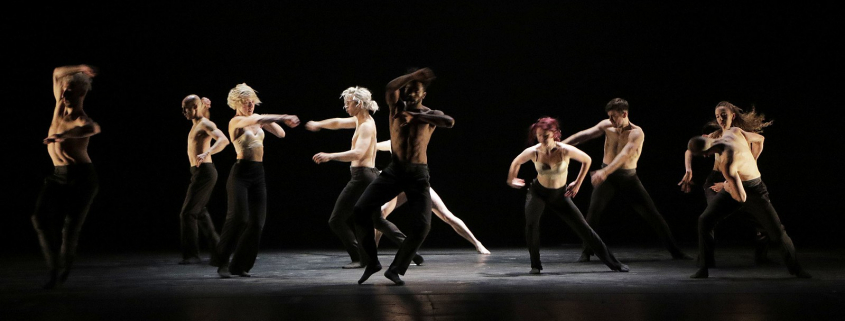Calling all arts organizations! Applications are now open for the 4th annual Digital Discoverability Program.
Between summer 2024 and winter 2025, you will have the opportunity to work one-on-one with the Artsdata team. Together, we will find solutions to boost the discoverability of your organization, by focusing on your:
- Event pages (i.e. pages describing upcoming live performances);
- Artist bios (i.e. pages describing the performers you present or represent); and/or
- Wikidata items (i.e. entries describing your organization, your venues(s), your festival(s), and/or your artists).
